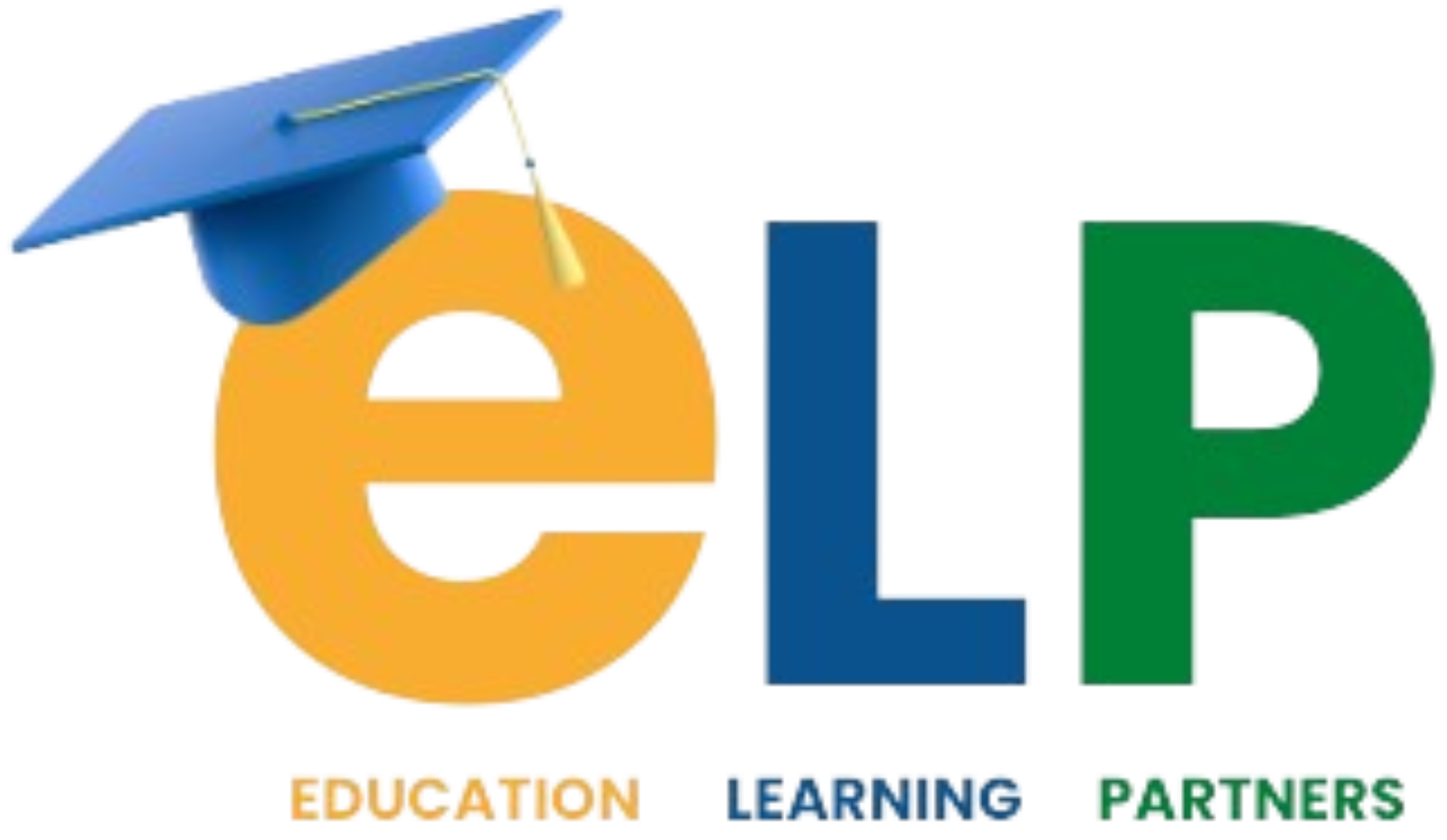
Technology is transforming medical education, making it more accessible, flexible, and effective.
The Role of Technology in Modern Medical Education
Online Learning Platforms
Online learning platforms provide flexible access to medical education.
- Accessibility: Students can access courses from anywhere.
- Flexibility: Study at own pace, balancing work and education.
Virtual Simulations and Augmented Reality
Virtual simulations and augmented reality (AR) provide hands-on experience in a controlled environment.
- Simulated Scenarios: Replicate real-life medical situations for practice.
- AR Tools: Enhance understanding of complex medical concepts.
Adaptive Learning Technologies
Adaptive learning technologies personalize education.
- Customized Study Plans: Create plans based on progress and performance.
- Self-Paced Learning: Progress at own pace.
Digital Libraries and Resources
Digital libraries and resources provide up-to-date information.
- Extensive Collections: Access to digital libraries.
Online medical courses provide significant opportunities for career advancement. They offer flexibility, accessibility, and specialization, enabling professionals to enhance their skills and knowledge without the need for physical attendance. Here are five top online medical courses that can help professionals advance their careers:
1. PG Diploma in Healthcare Management
A PG Diploma in Healthcare Management is ideal for professionals seeking leadership roles within healthcare organizations. This program focuses on enhancing administrative and leadership skills essential for managing healthcare facilities effectively.
- Curriculum: This program typically covers topics such as healthcare policies, financial management, healthcare laws, and leadership. Students learn how to manage healthcare operations, implement policies, and lead healthcare teams.
- Career Opportunities: Graduates can pursue roles such as healthcare manager, hospital administrator, healthcare consultant, and other leadership positions within healthcare institutions. These roles involve overseeing the operations of healthcare facilities, improving efficiency, and ensuring the delivery of high-quality care.
2. Certificate in Clinical Research
A Certificate in Clinical Research prepares professionals for roles in clinical trial management, regulatory affairs, and research. This certification is essential for those looking to enter the field of clinical research or enhance their existing skills.
- Curriculum: The program covers clinical trial design, regulatory requirements, ethical considerations, data management, and statistical analysis. Students gain knowledge of the entire clinical trial process, from planning to execution and reporting.
- Career Opportunities: Career paths include clinical research associate, clinical research coordinator, data manager, and regulatory affairs specialist. These roles involve managing clinical trials, ensuring compliance with regulations, and analyzing clinical data to support the development of new treatments.
3. Diploma in Medical Education
A Diploma in Medical Education is designed for medical professionals who wish to take on teaching roles within medical schools or training programs. This program equips them with the necessary skills to educate future healthcare professionals.
- Curriculum: Topics include curriculum design, assessment methods, teaching strategies, educational technologies, and faculty development. Students learn how to create effective educational programs, evaluate student performance, and incorporate technology into teaching.
- Career Opportunities: Graduates can become medical educators, academic coordinators, program directors, and faculty members. These roles involve designing and delivering educational programs, mentoring students, and conducting educational research.
4. Fellowship in Emergency Medicine
A Fellowship in Emergency Medicine provides advanced training in emergency care, trauma management, and critical care. This fellowship is ideal for professionals seeking to specialize in emergency medicine.
- Curriculum: The program covers emergency procedures, trauma care, critical care management, and disaster response. Fellows gain hands-on experience through simulations and case studies.
- Career Opportunities: Graduates can work as emergency physicians, trauma specialists, and critical care consultants. These roles involve providing immediate care to patients with acute illnesses or injuries, managing trauma cases, and leading emergency response teams.
5. Certificate in Public Health
A Certificate in Public Health equips professionals with skills in epidemiology, health promotion, and disease prevention. This certification is crucial for those working in public health or aiming to transition into this field.
- Curriculum: Topics include epidemiology, biostatistics, health policy, community health, and global health issues. Students learn to analyze public health data, design health programs, and develop policies to improve population health.
- Career Opportunities: Career paths include public health officer, epidemiologist, health educator, and community health worker. These roles involve conducting research on public health issues, developing health education programs, and implementing disease prevention strategies.
Benefits of Online Courses
The Role of Technology in Modern Medical Education
- Flexibility: Online courses allow professionals to study at their own pace, balancing work, education, and personal commitments. This flexibility is crucial for those with demanding schedules.
- Accessibility: Online courses can be accessed from anywhere in the world, eliminating the need for relocation and making it easier for professionals in remote areas to pursue further education.
- Cost-Effectiveness: Online programs are often more affordable than traditional in-person courses. They eliminate commuting and accommodation costs, and many offer digital resources instead of expensive textbooks.
- Diverse Learning Resources: Online courses utilize multimedia content, interactive simulations, and digital libraries. These resources cater to different learning styles and enhance the educational experience.
- Personalized Learning: Adaptive learning technologies in online courses provide customized study plans and feedback, helping students focus on areas where they need improvement and progress at their own pace.
Online medical courses offer numerous benefits for career advancement, including flexibility, accessibility, cost-effectiveness, and diverse learning resources. By enrolling in these programs, healthcare professionals can enhance their knowledge, skills, and credentials, leading to better job prospects and improved patient care.


